Speakers Berlin 2022
Knut Abraham

Knut Abraham is a German jurist, diplomat and politician from the Christian Democratic Union (CDU) and a Member of the German Bundestag. He served in the German Foreign Service from 1998 and held various positions there. From 2011 to 2015, he was Consul General and Head of the Law and Consular Section at the German Embassy in Washington D.C.. From 2015 to 2018, he headed the Division for Bilateral Relations to the Countries of Central, Southeastern and Eastern Europe, the Southern Caucasus and Central Asia at the German Federal Chancellery. From 2018 on, he was Counsellor at the German Embassy in Warsaw. He became a member of the Bundestag after the last general elections in 2021.
Philipp Bikanau
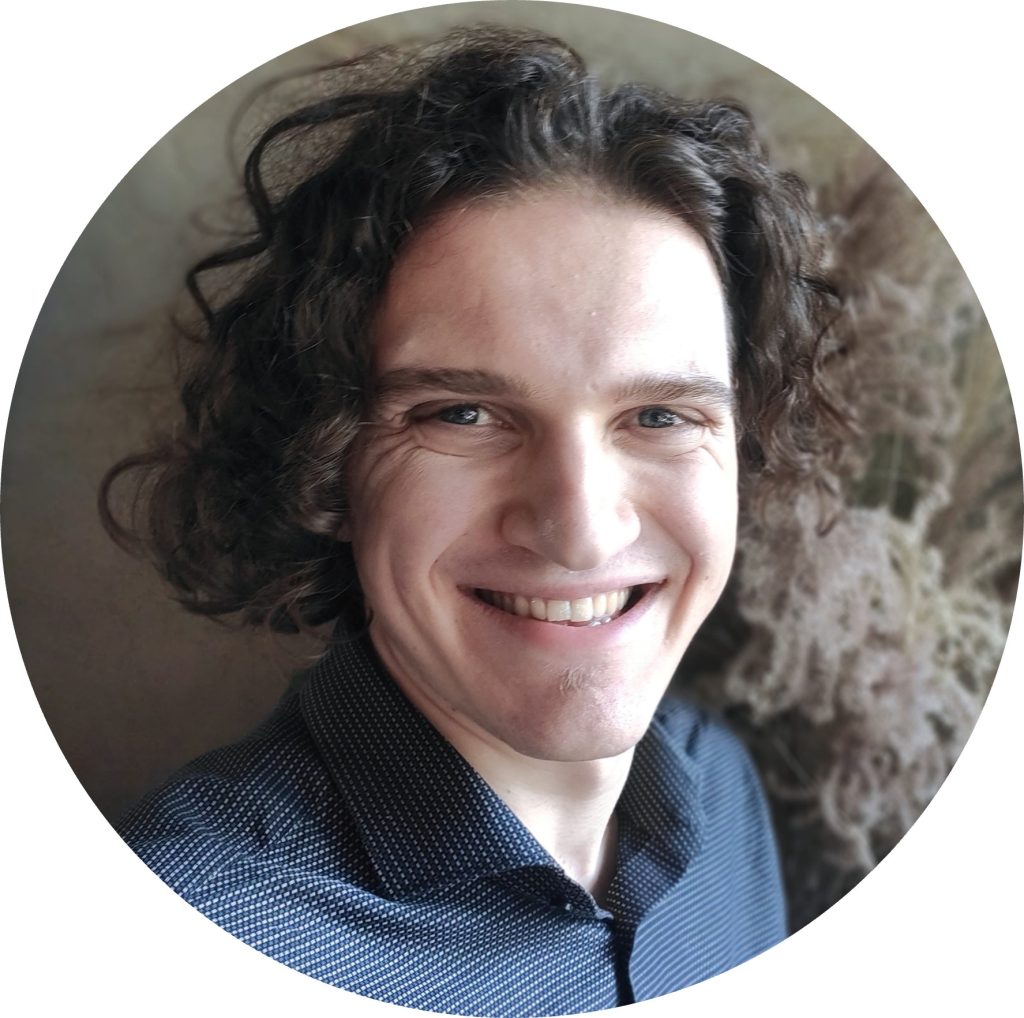
Philipp Bikanau is a Belarusian independent sociologist. Philipp has over five years of experience of managing large-scale research projects on social and political topics for various international organisations such as World Bank, UNICEF, OECD, FES and others. In recent years, one of the focus points of his research has been the quantification of the Belarusian national identity. He has been managing and authoring research on this topic since May 2020.
Sabine Fandrych

Dr. Sabine Fandrych is a German political scientist. Since January 2021, she has been the Managing Director of the Friedrich Ebert Foundation and designated Executive Member of the Board. Between 2000 and 2010, she worked for FES and GIZ in Angola and Ethiopia. From 2010 to 2016, she headed the Fritz Erler Forum, the Baden-Württemberg Regional Office of the Friedrich Ebert Foundation in Stuttgart. In 2016 she moved to FES Bonn, initially as Deputy Head of the Department at the Political Academy, which she has headed since the beginning of 2017. On 1 January 2021, she joined the management of the foundation and took a position of an Executive Board Member on 1 July 2021.
Stefan Kägebein
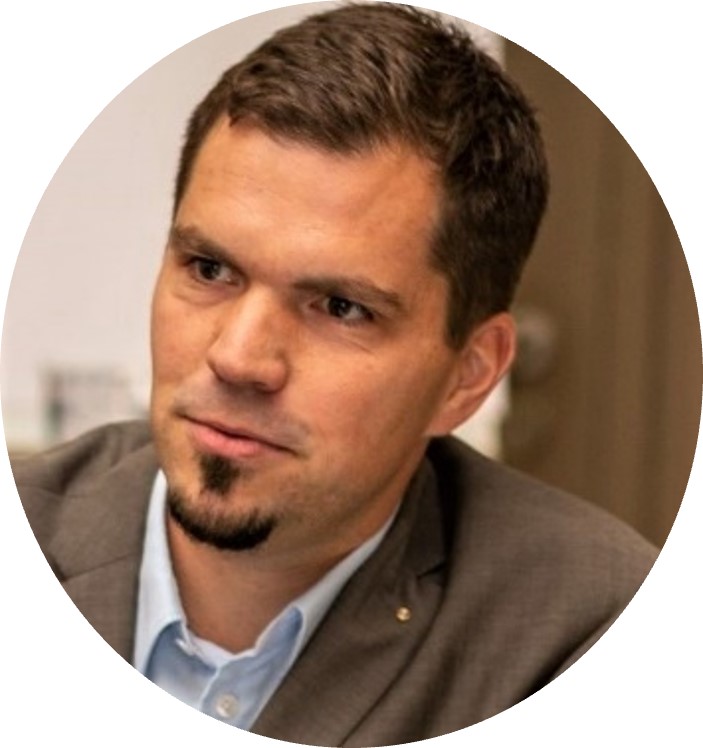
Stefan Kägebein joined the management of the German Eastern Business Association (2007 – ongoing) after his studies. He implemented and developed projects in cooperation with business associations in Moldova and SEE with respect to structural development and service development (2007-2012). From 2012-2014, he served as the Programme Director of the Zoran-Djindjic-Internship Programme of German Business for the Countries of the Western Balkans and developed the Internship Programme of German Business for Ukraine, where he served as Programme Director from 2014-2018. Since autumn 2016, he serves as the Head of the Working Group Digitalization at the German Eastern Business Association, and took over responsibility for the countries Armenia, Azerbaijan, Belarus, Georgia, Moldova and Ukraine as Regional Director Eastern Europe in October 2018.
Valery Kavaleuski
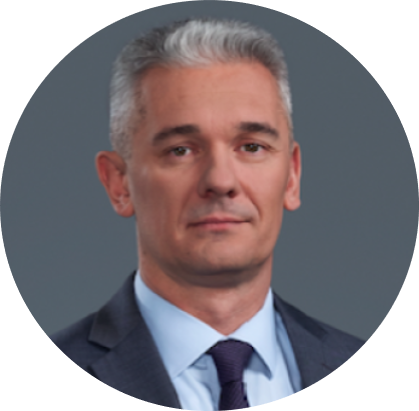
Valery Kavaleuski is the Representative for Foreign Affairs in the United Transitional Cabinet of Belarus. He was appointed to this position on 9 August 2022. His professional background includes national diplomatic service with specialization on bilateral relations with the US and human rights in intergovernmental organizations. Prior to joining Sviatlana Tsikhanouskaya’s team in December 2020, Kavaleuski worked in the World Bank Group in Washington, DC. He graduated from Belarus State University (BA in International Relations), Kozminsky Academy (Executive MBA) and Georgetown University School of Foreign Service (MS in Foreign Service).
Andrei Kazakevich

Andrei Kazakevich holds a PhD in Political Science. He is the Director of the Institute for Political Studies “Political Sphere” and a Research Fellow at the Lithuanian Institute of History. He is an analyst and political scientist, specialising in Belarusian and Eastern European politics and foreign policy, the judicial system and post-war political history. He is also the Editor in Chief of the Belarusian Political Science Review and the Journal of Political Studies Palityčnaja Sfiera and Head of the Organising Committee of the Annual International Congress of Belarusian Studies. His analytical and scholar publications appeared in Belarusian, Russian, English and Polish.
Henadz Korshunau
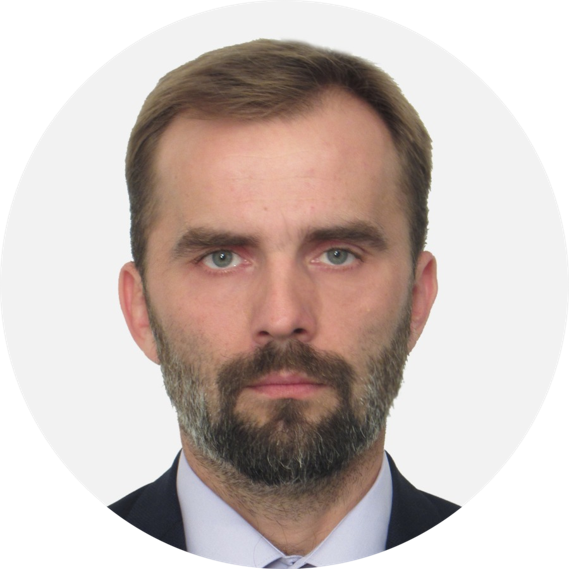
Henadz Korshunau is Senior Expert at the Center for New Ideas (CNI). He joined the CNI in September 2021. From 2018 to 2020, he served as the Director of the Institute of Sociology at the National Academy of Sciences of Belarus. He resigned from this position for political reasons. Prior to this post, he worked as a leading researcher, Head of Department and Scientific Secretary of the Center for System Analysis and Strategic Developments of the National Academy of Sciences of Belarus and as an Associate Professor at the Department of Sociology of the Faculty of Social Sciences of the Belarusian State University. He has authored about 100 scientific publications.
Robert Kirchner

Robert Kirchner has been an authorized signatory at Berlin Economics since 2007. He is the Deputy Team Leader of the project “High-level government consultation on behalf of the Federal Ministry for Economic Affairs and Climate Action”, which includes Ukraine, Belarus, Moldova, Kosovo, Armenia, Georgia and Uzbekistan. After studying economics at the University of Potsdam and at the Warwick Business School, he worked as a research assistant at the University of Potsdam for five years. His research and consulting focus on macroeconomics and the financial sector, with a particular focus on transition economies. In addition, he is involved in numerous other economic policy consulting projects in Eastern Europe, South Caucasus and Central Asia.
Alina Koushyk
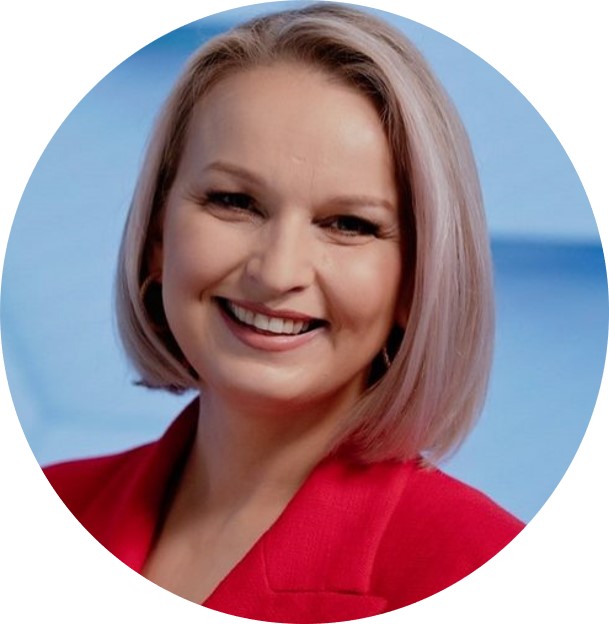
Alina Koushyk is a Belarusian journalist, coach, TV host and director. She has a degree in history and has created numerous social projects. For the past 15 years, she had worked at Belsat TV, where she was the host of the Belsat Studio, PraSvet and 54% shows. In addition, Alina co-founded the Center for Belarusian Solidarity in Warsaw and InBelKult 2.0 as well as a club of Belarusian women in Warsaw. She initiated the Belarusian business map www.bymapka.me. She became a member of the Belarusian United Transitional Cabinet with responsibility for National Revival on 16 September 2022.
Katsiaryna Kryzhanouskaya
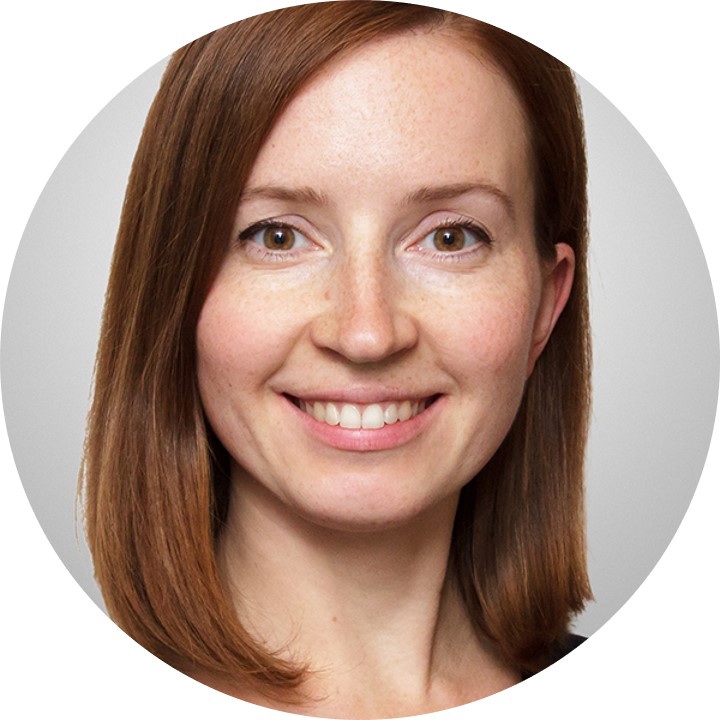
Katsiaryna Kryzhanouskaya is a journalist who is originally from Belarus. She has lived in Germany since 2010. She heads the Department for Social Media and In-Depth at the Russian Service of Deutsche Welle in Bonn. She speaks Belarusian, Russian, German and English.
Rainer Lindner
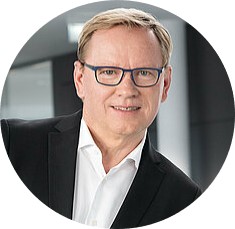
Prof. Dr. Rainer Lindner is Member of the Advisory Board of the German-Belarusian Society and Founder of the Minsk Forum. He was Chair of the Board of the organisation from 2000 to 2019 and was in charge of the Minsk Forum from 1997 to 2019. Since 2020, he has been Chair of the Board of Heine + Beisswenger Group, Fellbach. He is also Chair of the German-Ukrainian Forum and the Caspian Europe Forum e.V. From 2016 to 2020, Lindner was CEO Central & Eastern Europe/Middle East & Africa at Schaeffler AG. Before that, he was Managing Director of the Committee on Eastern European Economic Relations from 2008 to 2016. Between 2005 and 2008, he was a Research Associate at the German Institute for International and Security Affairs (SWP). Lindner graduated from the University of Tübingen, where he also obtained his doctorate. In 2005, he successfully completed his postdoctoral research (Habilitation) at the University of Konstanz, where he has held an adjunct professorship since January 2008.
Tobias Lindner

Dr. Tobias Lindner has been Minister of State at the Federal Foreign Office since 8 December 2021. From 2002 to 2007, he studied technical economics at the University of Karlsruhe. From 2007 to 2011, he was a research fellow at the Karlsruhe Institute of Technology. In 2011, he was awarded a doctorate in economics. He has been a member of the German Bundestag since 2011. His regional competence covers transatlantic relations, relations with Belarus, Moldova, Russia and Ukraine, the Asia Pacific region, the Near and Middle East and Latin America. He focuses on security policy issues and is committed to the further development of the rules-based international order, to the strengthening of the United Nations and to a feminist foreign policy. He advocates for a strong role for Germany in civilian crisis prevention, humanitarian assistance and peace mediation. Tobias Lindner also works on structural issues such as the digital transformation, gender equality, diversity and budget issues.
Zmicier Lukashuk
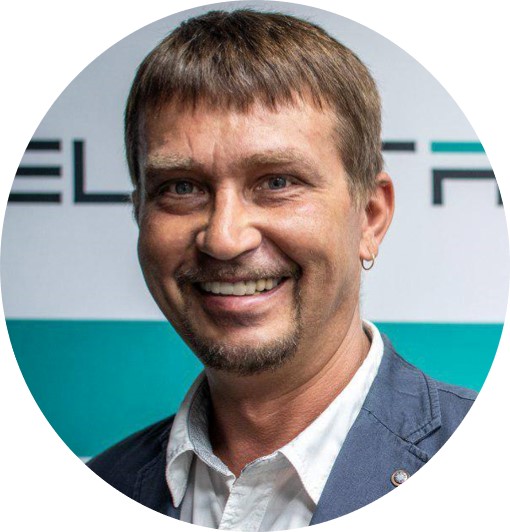
Zmicier Lukashuk is an editor and anchor at the European Radio for Belarus (Euroradio.fm), an independent Belarusian multimedia broadcaster. He is also the author and host of IDEA X, a weekly show on Euroradio, which features chats with prominent Belarusians on historic and cultural identity and the nation-building idea for Belarus. Zmicier has worked with Euroradio since 2007. His prior work experience included spells at such Belarusians print and broadcast media as Čyrvonaja Zmiena and Radio Station Bielaruskaja Maladziożnaja. He also received professional awards: The Sviatlana Navumava Prize, several Free Word Awards from the Belarusian Association of Journalists and other domestic and awards from other international journalism contests.
Lev Lvovsky
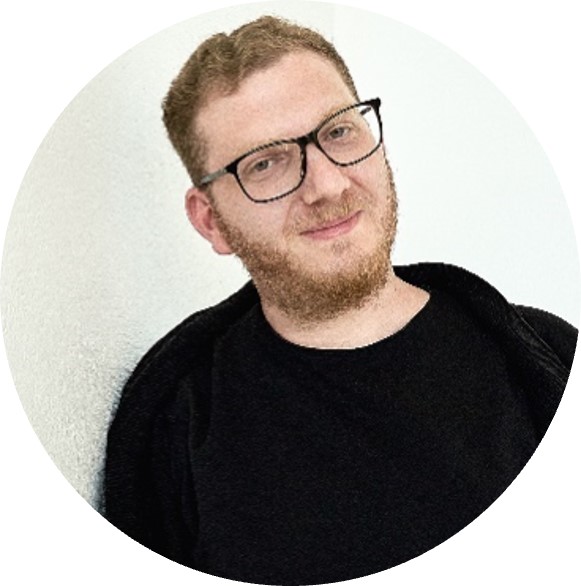
Lev Lvovsky is a senior research fellow at BEROC. He graduated with a Ph.D. in Economics from the University of Iowa in 2017. Lev frequently comments on the economic news in Belarusian and international media. His research focuses on Macroeconomics, Labor Economics, and Gender Economics.
Pavel Matsukevich
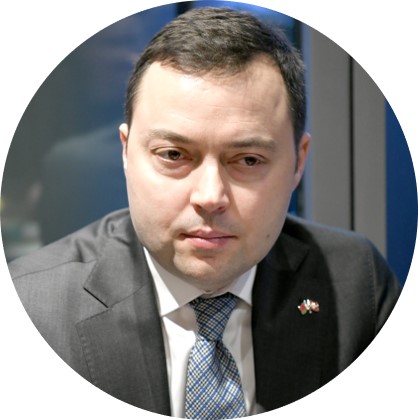
Pavel Matsukevich is a Senior Research Fellow at the Center for New Ideas and a former diplomat, having served as the Charge d’Affaires a.i. of Belarus in Switzerland from 2016 to 2020. Before, he worked as the Head of the Division of Protocol Events at the State Protocol Service of the Ministry of Foreign Affairs. He also worked at the Embassy of Belarus in Germany and gained experience as an analyst at the Department of Foreign Policy Analysis at the MFA. Pavel graduated from the Faculty of International Relations at the Belarusian State University.
Yuliya Miadzvetskaya
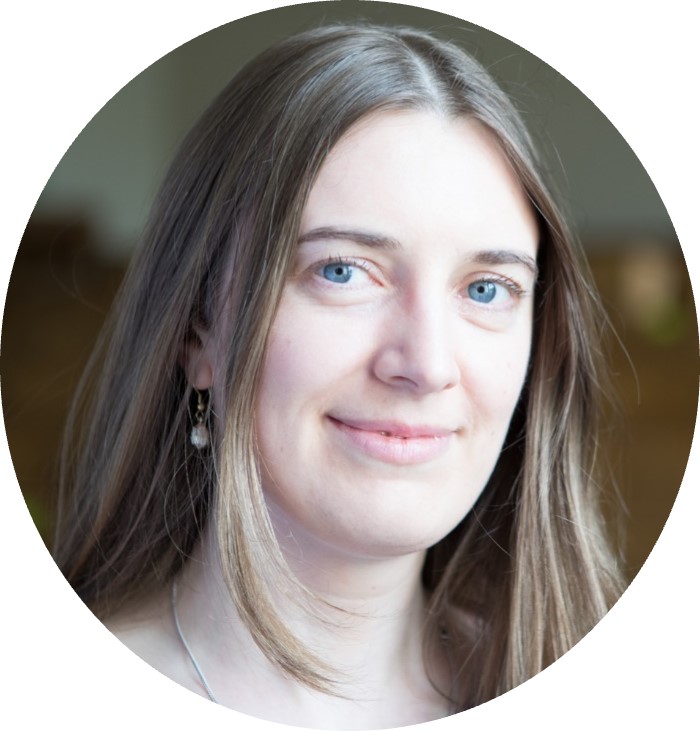
Yuliya Miadzvetskaya is a doctoral researcher at the University of Tübingen and a visiting research fellow at the Hague Programme on International Cybersecurity. Prior to this, she worked at the Katholieke Universiteit Leuven, the College of Europe, and the legal service of the European Parliament. She holds an LL.M in European law from the College of Europe. Her research interests lay at the intersection of EU (cyber)security, sanctions, and data governance. She also regularly writes on Belarus, her country of origin.
Sierž Naurodski

Sierž Naurodski graduated from the Belarusian State Economic University with Honors Diploma in 2002 and acquired his Master degree in Economics at the University of Warsaw in 2003. In 2007-2022, he was the President of CASE Belarus, a part of CASE Network, engaged in CASE research projects in Belarus, Ukraine, Georgia, and Moldova. Since 2021, he is a Senior Economist at CASE. Since 2022, Sierž advocates for the development of Belarusian business in Lithuania, Latvia & Estonia as ABBA Country Manager in the Baltics. Sierž had consultancy contracts with UNICEF, UNDP, World Bank as well as he advised the governments of Poland, Belarus and Georgia. Among his research interests are structural changes in the economy of Belarus and other countries of Central and Eastern Europe, financial system reform, increasing efficiency in social services provision, and public administration reform.
Maryia Rohava
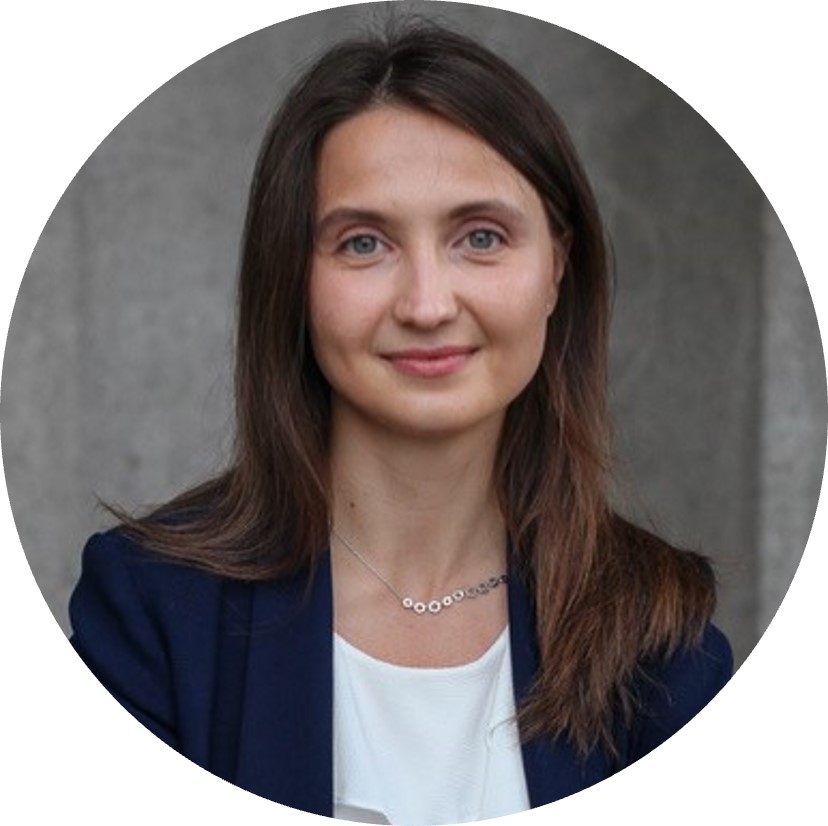
Maryia Rohava is a researcher specialising in Belarusian area studies. She was a doctoral research fellow at the University of Oslo working at the intersection of the authoritarian regime and identity politics in Belarus. Her previous research on Belarusian identity politics was published in East European Politics and Societies, Nations and Nationalism as well as Osteuropa Zeitschrift.
Nils Schmid
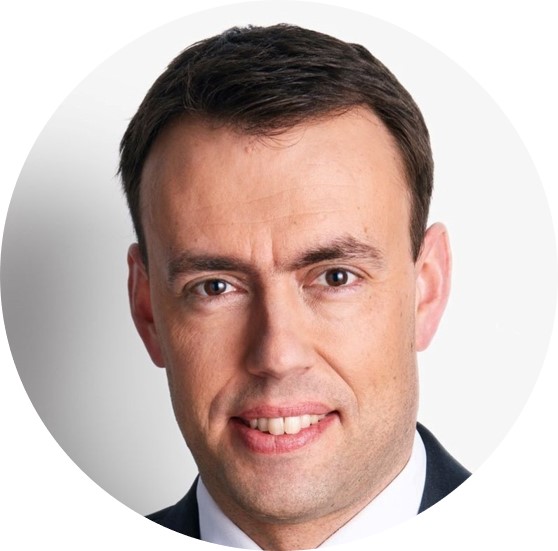
Dr. Nils Schmid has been a Member of the German Bundestag for the Social Democratic Party (SPD) since September 2017. He serves as a member of the Committee on Foreign Affairs. Since 2018, he has been the spokesperson on foreign affairs for the SPD parliamentary group. Additionally, he is a member of the Franco-German Parliamentary Assembly. From 1997 to 2017, Nils Schmid was a Member of the Baden-Württemberg Regional Parliament. In 2009, he was elected chairman of the Baden-Württemberg regional branch of the SPD, an office he held until 2016. From 2011 to 2016, he served as Baden-Württemberg’s Minister of Finance and Economic Affairs and as Deputy Prime Minister of Baden-Württemberg.
Dirk Schübel

H.E. Ambassador Dirk Schübel is the EU’s Special Envoy for the Eastern Partnership. From 2019 until recently, he served as Head of the EU Delegation to Belarus. Prior to this, he held the same post in the Republic of Moldova and was Head of the Political, Press and Information Section of the EU Delegation to Ukraine. In between, he worked as both Head of Division for Russia and as Head of Division for the bilateral relations with the Eastern Partnership in the European External Action Service. Before his EEAS commitments, Amb. Schübel worked in the European Commission’s DGs dealing with Transport and Energy, Enlargement and also Trade. He started his professional career in the German Federal Ministry of Foreign Affairs. He holds a degree in Foreign Trade and International Commercial Relations.
Hanna Stähle

Dr. Hanna Stähle is Chair of the Board of the German-Belarusian Society. She studied in Minsk, Passau and Moscow. She is currently Head of Foresight and Innovation at Philea – Philanthropy Europe Association. Previously, she worked as an Aide to the Secretary General of the Association of German Foundations in Berlin, Robert Bosch Stiftung in Stuttgart, Dafne – Donors and Foundations Networks in Europe in Brussels and was Research Fellow at the Carnegie Endowment for International Peace and Higher School of Economics in Moscow. In 2018, she completed her PhD in Slavic cultural studies at the University of Passau (summa cum laude). In 2021, her book “Mediatization of Orthodoxy: Russian Church in the Digital Era” was published by Routledge.
Christian F. Trippe
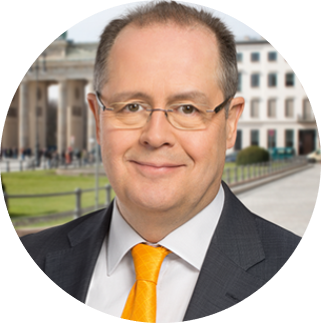
Dr. Christian F. Trippe is Deputy Chair of the Board of the German-Belarusian Society. He has worked for Deutsche Welle in various positions since 1993, now he is the Head of the Eastern Europe editorial offices. In early 1999, he became head of the DW studio in Moscow, from 2002 he was head of the capital city studio in Berlin, from 2007 to 2014 he was studio head in Brussels, then in 2016-2017 he served as Ukraine correspondent and was based in Kiev. He studied history, politics and English in Cologne, interrupted by a one-year of study in Vienna; his dissertation deals with the Weimar Republic.
Natallia Vasilevich
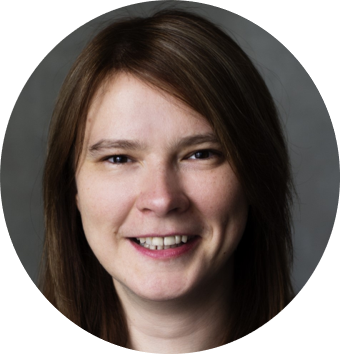
Natallia Vasilevich is a theologian, political scientist and lawyer from Minsk. Since August 2020, she has been serving as a moderator of the “Christian Vision” group, which unites pro-democratic theologians, clergy and lay activists of major churches in Belarus. She holds an M.A. in Political Science from the Belarusian State University and an M.A. in Ecumenical Studies from the University of Bonn, where she is currently working on her doctoral thesis on the Christian social ethos. She has taught human rights at the Belarusian Law Institute.